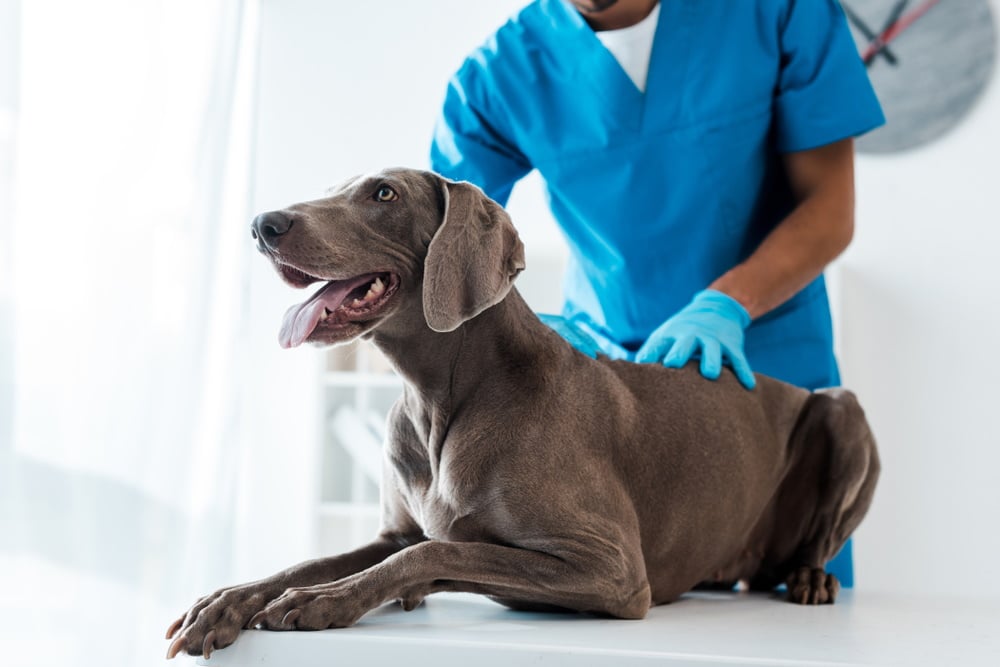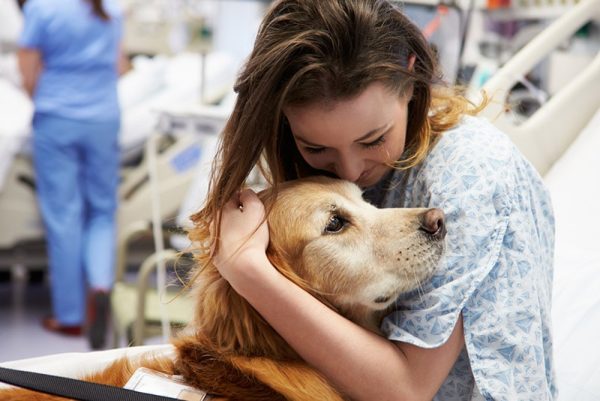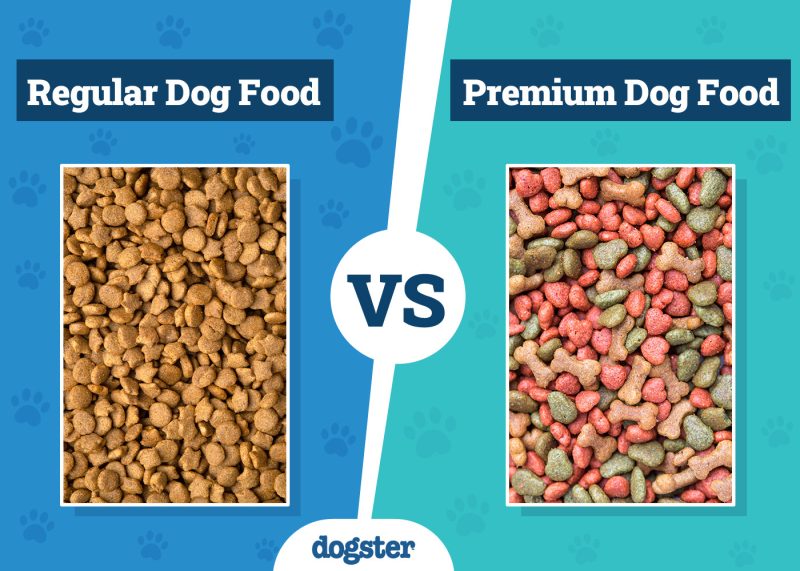In this article
The decision to own a dog is a big responsibility. We need to make sure our pets receive appropriate nutrition, care, and exercise. Part of the responsibility of owning a dog is visiting the vet. Taking your dog to the vet is necessary, whether it is for a medical emergency, health checkup, vaccinations, or surgery. Some dogs may need more frequent vet checks than others, while others might only need to be brought in for a check-up once a year. If you feel your dog needs a vet visit, you shouldn’t hesitate, however, a yearly check-up as a minimum will help pick up on any health problems early and ensure your pet is up to date with preventative treatments like vaccinations and parasite control. There are a few factors to consider when determining how often you should take your dog to the vet, which will be discussed below.

How Often Do Dogs Need to Be Taken to the Vet?
How often you should bring your dog to the vet depends on several factors. They include your dog’s breed, age, medical history, health, and lifestyle. Dogs that are generally healthy and have a lifestyle that doesn’t put their health at risk only need to be taken for health checkups. These health checkups are usually necessary once or twice a year. Puppies generally need to be taken to the vet more often during the first year to complete their vaccination course, monitoring for congenital and developmental issues, and spaying/neutering. You might want to take senior and geriatric dogs for more frequent health checks to catch any issues early on. Most dogs are considered seniors at around 8 years old, but this varies with breed. Dogs are considered geriatric when they pass their senior stages. You can expect geriatric dogs to have more health-related issues because of their old age. Try taking geriatric dogs to the vet for a checkup every 6 months. However, your vet might suggest taking them in more often if they have health issues that need to be regularly monitored. Furthermore, dogs that have medical problems that require medication, frequent checkups, and close monitoring will need to be taken to a vet more often. Some dog breeds are prone to certain health issues that can benefit from early detection for a more effective treatment. Therefore, taking them to the vet for a checkup more often might be something your dog’s vet recommends doing.
It’s always a good idea to discuss your concerns with a vet over how often you should be taking your dog to see them.
If you need to speak with a vet but can't get to one, head over to PangoVet. It's our online service where you can talk to a vet online and get the advice you need for your dog — all at an affordable price!
Why Should Dogs Be Taken to the Vet?
Dogs should be taken to the vet for several reasons.
- Health checkups: Your dog’s overall health and condition should be evaluated at least once a year. Health checkups can help pick up on any issues with your dog and get them assessed for possible disease.
- Medical treatment: If your dog is ill, injured, or in need of medical treatment, then it is necessary to take them to a vet.
- Sterilization: Dogs should be taken to the vet to be neutered or spayed. You can also discuss other methods to prevent unwanted litters or hormone-related behavioral issues with a vet.
- Surgeries: Dogs who need surgeries will have them done at the vet. The vet will discuss what aftercare your dog should receive following the surgery.
- Medication: Vets will prescribe medications for your dog if it is necessary for treatment or to better your dog’s quality of life. You should also be discussing any queries or concerns about your dog’s medication with the vet. The vet might recommend you bring your dog in for more checkups to see how they are doing on the medication and if they are responding well to it. For long-term medications, your vet will advise how often your pet needs to be
- Testing: X-rays, blood tests, and urine analysis are some of the many tests that are done by vets when necessary.
- Professional advice: You can also take your dog to the vet for a health checkup and to discuss any topics about your dog that require their professional advice. They will be able to give you the best advice tailored to your dog and their health or lifestyle.
At What Age Should Dogs Be Taken to the Vet?
Dogs can benefit from being taken to the vet at all ages, whether they are puppies or geriatric. You might find that puppies should be taken to the vet more often since they may require vaccinations and possibly sterilization. Most puppies receive their first vaccinations at 6 to 8 weeks old, which is when you should start taking them to the vet. You will then need to take them again to get their second set of shots a month later, followed by their rabies and DHPP shots at 16 to 18 weeks old. They should be taken to the vet again for their second DHPP and rabies shots between 12 to 16 months old. Most dogs need a rabies shot every 1–3 years as required by law. Dogs should also have their distemper, adenovirus, hepatitis, parainfluenza, and parvovirus (DHPP) shots every 1–2 years.


Conclusion
Most dogs should be taken to the vet annually, although this can vary depending on each dog’s situation. Puppies will be taken to the vet more frequently since they require vaccinations that are usually done a few weeks apart. Geriatric dogs are also likely to experience age-related health problems so they should be taken to the vet more often too. It’s best to discuss with your dog’s vet how often you should be taking them there.
See Also:
- When to Take Your Dog to the Vet: Emergencies Reviewed (Vet Answer)
- Why Do Dogs Hate the Vet? 7 Vet Reviewed Reasons & Tips to Help
Featured Image Credit: LightField Studios, Shutterstock




















